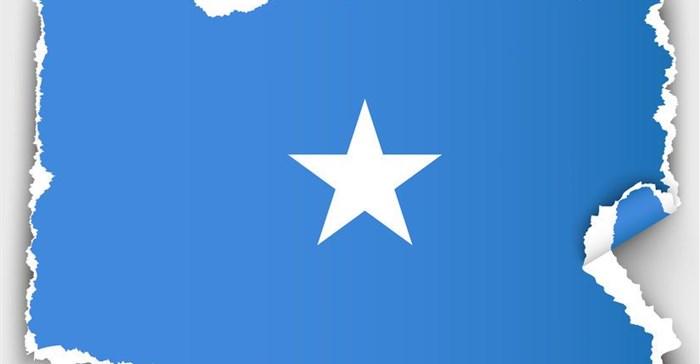Somali authorities arrest local journalist following critical reporting

Authorities in Somalia's southern Hirshabelle state arrested Abdishakur on December 28, 2017, and accused him of airing false news after he reported critically on the local administration, according to RTN managing director Fuad Haji and Mohamed Ibrahim Moalimuu, secretary general of the government-recognised National Union of Somali Journalists. The journalist has not formally been formally charged.
A court in Hirshabelle's city of Jowhar ordered police to release Abdishakur on bail pending investigation, on January 2, according to City FM director, Hamdi Buukar Hassan, Moalimuu, and documents seen by CPJ.
Jowhar police commander Mohamed Siyaad, also known as Canjeex, told CPJ he could not comment on Abdishakur's case and referred CPJ to state authorities. Moalimuu said that Jowhar police told him they had not received the court order.
"Authorities should immediately release Abdishakur Abdullahi Ahmed. Holding him without charge is in clear violation of his rights," said CPJ deputy executive director Robert Mahoney in New York City. "Somali authorities should stop trying to intimidate journalists and make press freedom a priority."
On December 26, a report in which Abdishakur criticised the Hirshabelle government's performance during its first three months of power aired on RTN Somali TV. Fuad said he believes that this triggered the arrest.
Abdishakur had previously questioned Hirshabelle cabinet appointments and government decisions in his reporting and on Facebook, according to Ismail Sheikh Khalifa, chairperson of the Mogadishu-based Journalists for Human Rights, a new organisation whose mandate includes providing legal support for journalists whose rights have been violated, and a Jowhar-based journalist who requested to remain anonymous for privacy reasons.
Somalia's information minister, Abdirahman Omar Osman, told CPJ that his office had urged state authorities in Hirshabelle to release Abdishakur "without further investigation."
CPJ was unable to reach Hirshabelle President Mohamed Abdi Ware despite repeated calls and text messages, or vice president Ali Abdullahi Hussein, also known as Ali Guudlaawe, despite repeated calls.









